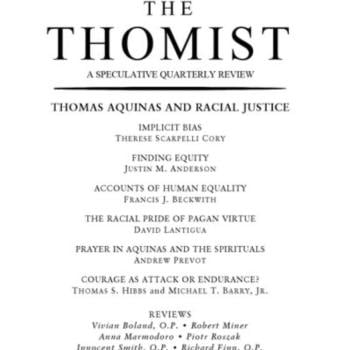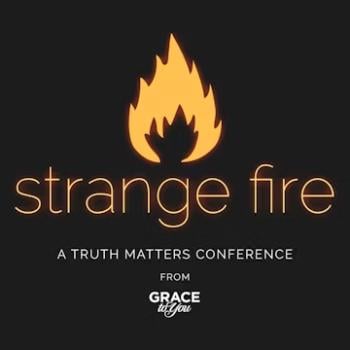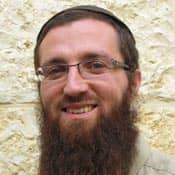Today marks the anniversary of the death of one of the greatest Kabbalists in history, Rabbi Moshe Chaim Luzzato, known as the Ramchal. While there is much to say about his life, travels, and what he left us in this world, there is one important concept I'd like to share that is essential for any educator in any field—all the more so, when trying to relate the inner workings of our world as we are in Kabbalah.
The Ramchal is recognized for his systematic presentation of the Jewish take on reality, Torah, and our purpose in this world.
His books map out the world system in "Root-Branch" format. This means that the grand foundational and general principles (the Roots) are presented in a clear, all-inclusive, and systematic manner, laying the groundwork for the details inherent and included in each. Only then are the details (the Branches) discussed and elucidated with great clarity and definition. After the details are explained efficiently, the next stage is to raise and deal with any foreseeable questions or philosophical difficulties that are liable to arise due to seeming contradictions—from the system itself, outside Jewish knowledge, misconceptions the reader is likely to possess, or one's worldly observations or experiences.
Such an approach is the manner in which a student is built up. This approach to learning is fulfilling because it is holistic. You have the grand system at your fingertips because you are not lacking pieces of the puzzle, and you know where each piece belongs.
Too often we find years of wasted time and effort (and funds) in education because there is a lack of forethought or capability by the educator or the educational system. They'll teach a piece here and a piece there, but the interconnectivity between the two and the grand bigger picture is not properly constructed. Alternatively, teachers and institutions have the tendency to give over "material" that is in their "curriculum" but the curriculum is geared to the material instead of being geared to the student—his previous knowledge and present capabilities.
This leaves the student disenfranchised and dissatisfied. And if it doesn't, it ought to.
There is no comparison between the systematic holistic learning we are advocating in this essay and the disconnected fragmented learning that is very easy for us to fall into. A master of any field knows this to be true about his field. Such a master abhors and cannot stomach the disconnected fragmented learning of the field that he has mastery over and considers such learning to not really be the learning of his field whatsoever.
Again this applies to all fields—from mathematics to language, from the sciences to the arts.
And if this is the case regarding all worldly categories of study, how much more does it hold true regarding the spiritual underpinnings of our physical world. How much more does it hold true when we approach our particular place and role in the holistic scheme of things. How much more does this hold true regarding the individualistic pieces that we are in the grand puzzle of the universe and beyond.
This is perhaps the greatest gift that the Kabbalist, the Ramchal, has left us: his systematic elucidation of reality, and the manner in which he set up a series of books with the goal of building up the student and enabling him to climb up to the Root of all roots. May we be blessed to learn, internalize, and personify his teachings.
12/2/2022 9:02:49 PM





